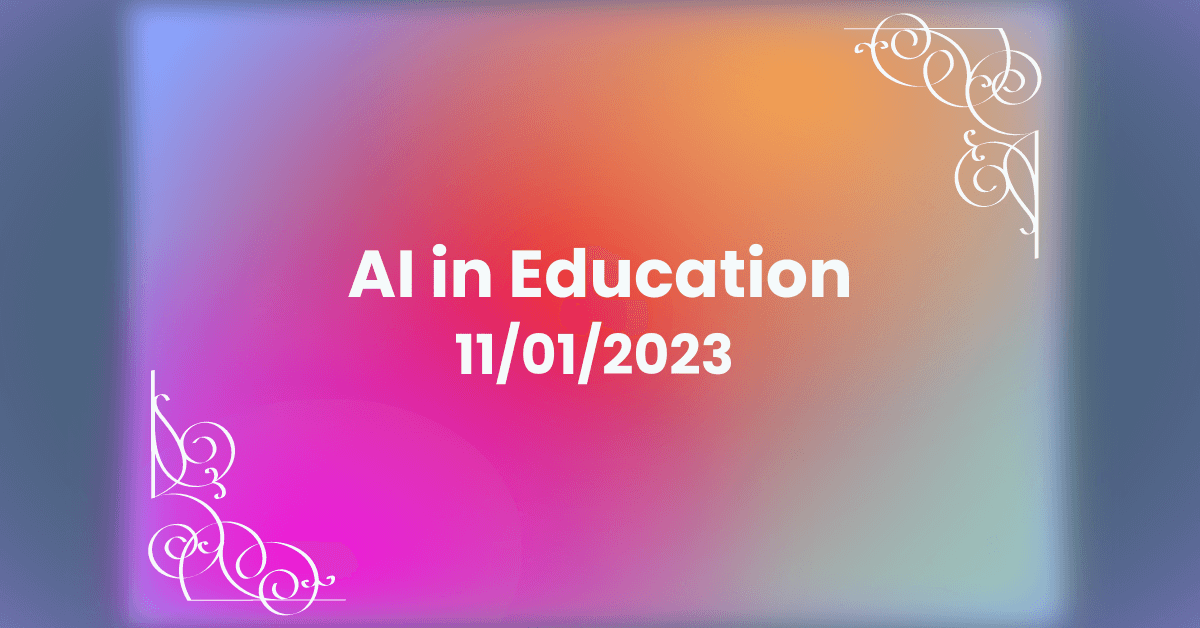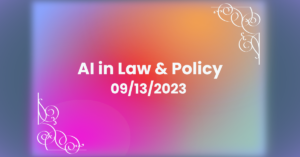AI’s Role in Children’s Education
In the realm of AI-driven education, parents find themselves in a pivotal but often overlooked role. A recent survey by the National Parents Union attempts to bridge this gap, revealing a landscape of uncertainty and openness among parents regarding AI’s role in their children’s learning. Despite limited knowledge—four in 10 parents claim only “little general information” about AI, while 62 percent admit to knowing little to nothing—over two-thirds believe in AI’s potential benefits, with only 16 percent expressing concerns outweighing the advantages. Arianna Prothero of Education Week dives into that survey and results In a recently published article,
In an interesting demonstration of the power of AI, a student from the University of Nebraska, Luke Farritor, has deciphered a 2,000-year-old scroll using a self-developed AI app. Farritor’s breakthrough, which emerged from his participation in the Vesuvius Challenge, involved deciphering ancient ink traces on papyrus, potentially owned by Julius Caesar’s father-in-law. The story is featured in an opinion piece from The Seattle Times which addresses the importance of AI literacy in education, with technology luminary Jeffrey Raikes emphasizing the need for relevant curriculum in public schools, ensuring that all students have access to the skills needed in the 21st century.
In a significant shift, New York City Public Schools has unveiled plans for an Artificial Intelligence Policy Lab, signaling a departure from its previous ban on AI-powered tools like ChatGPT. The lab, developed in collaboration with national experts and diverse school districts, aims to address critical aspects of AI implementation, including cybersecurity, privacy, equity, ethics, and transparency. This initiative follows New York’s decision to reverse the ban on ChatGPT earlier this year.
How do we teach students how to write effectively in the age of AI? Stanford University’s Sarah Levine conducted a pilot study where students used ChatGPT to help with various writing prompts. The study revealed that students primarily used ChatGPT for inspiration and guidance, helping them organize their ideas and strengthen their writing. Despite the assistance, students found ChatGPT’s output “too perfect” and “like a robot,” leading them to better understand their own writing voice. Experts suggest that AI tools like ChatGPT can act as supplementary feedback resources, aiding students in editing and revising their work and allowing teachers to focus on personalized instruction. Additionally, ChatGPT can assist teachers in quickly analyzing trends in student writing and identifying areas of improvement, enhancing the overall writing learning experience. Teachers can help students effectively utilize AI tools, ensuring they understand the role of AI as an autocomplete tool rather than a source of facts, emphasizing the importance of writing as a means of learning and self-expression.







